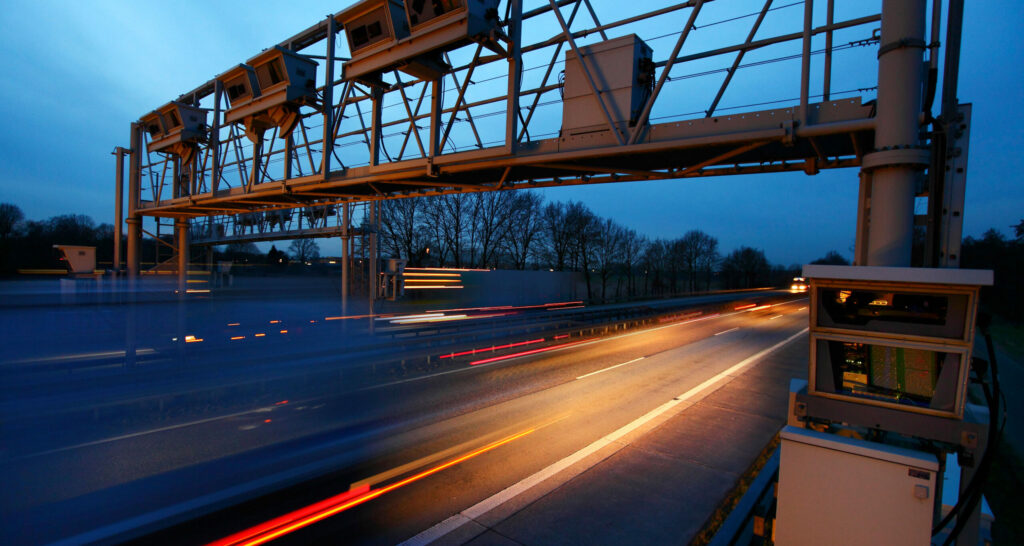Navigating the Proposed German Maut Increase for 2024: Understanding the Changes

Driving Towards Change:
Overhauling Germany's Toll System
for a Greener Future
Germany, known for its extensive Autobahn network, is gearing up for significant adjustments to its toll system, slated to take effect in 2024. The German Ministry of Transport has unveiled plans to revamp toll rates for heavy goods vehicles, introducing measures aimed at addressing environmental concerns and aligning with sustainability objectives.
According to a report by Trans.INFO, the proposed changes include the implementation of a new partial tax rate for CO2 emissions related to road transport. The article states, “An additional partial rate for CO2 emissions related to road transport will come into effect on December 1, 2023.” This initiative, part of the federal government’s “Third Amendment to Road Toll Regulations” program, seeks to impose an additional CO2 emissions tax of €200 per tonne on top of existing toll rates. As per the agreement with the ruling coalition, this adjustment will impact transportation companies, potentially leading to a considerable increase in toll costs.
Furthermore, vehicles weighing over 3.5 tonnes are set to face toll charges starting from July 1, 2024, under the same toll system. The article highlights, “Additionally, vehicles over 3.5t will also need to pay for toll starting July 01, 2024.” This expansion of the toll scheme underscores the government’s commitment to addressing environmental concerns and promoting sustainable transportation practices.
Other insights from Impargo shed light on the specifics of the proposed toll rate changes. The toll charges will encompass various components, including infrastructure tax, noise tax, air pollution tax, and the newly introduced CO2 emissions tax. The website explains, “Right now, transportation companies travelling to or through Germany have to pay the tolls for infrastructure tax, noise tax and air pollution tax. With the new toll charges system, they will also have to pay additionally for CO2 emissions tax.” For heavy goods vehicles, this could translate to a substantial increase in toll costs, ranging from 40% to 83%, particularly affecting companies with older vehicle fleets.
The ministry estimates that the increases and toll expansion will bring in additional revenue of €7.62 billion per year.
Promoting Green Mobility: Exemptions and Future Plans in Germany's Toll System
Craftmen’s vehicles for their own transport below 7.5 Tonnes and all emissions-free vehicles are set to receive exemptions under the scheme. However, emissions-free vehicles with initially be exempte from tolls until December 31, 2025, with plans to subsequently reduce the external cost component of the toll for this category of vehicles by 75%.
In summary, the proposed change to German’s toll system signals a concerted effort to prioritize environmental sustainability and incentivize cleaner transportation practices. While these adjustments may pose challenges for transportation companies, they underscore the country’s commitment to mitigating the environmental impact of road transport.
Find the table of toll calculations based on the presentation of Third Amendment to Toll Regulations Project.
Read more at: Trans.INFO
Source Attribution:
|
